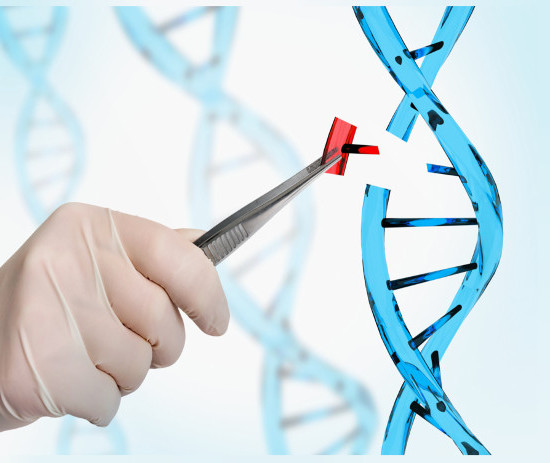Science, Technology, Engineering, Math
- STEM careers are among the most critical to global human progress.
- Perl is already well-loved by biologists due to the BioPerl software suite.
- Unfortunately, the most computationally-intensive components of BioPerl are primarily
written in C or C++, including
BLAST,
FASTA,
Genscan,
EMBOSS,
Clustalw, and
T-Coffee.
- Besides BioPerl, there are no other popular science suites for Perl.
- Due to runtime performance restrictions of dynamic languages, many STEM libraries
are still written in C or C++.
- Perl must position itself at the forefront of scientific advancement via
the development of new software suites for all known STEM fields, including:
logic, numeric mathematics, symbolic algebra and calculus, linear algebra, statistics,
physics, chemistry, biology, geology, astronomy, computer science, social science, medicine, genetics,
mechanical engineering, electrical engineering, aerospace engineering, etc.
- All new STEM libraries must be written in pure Perl and compiled using the
RPerl compiler for parallelization and performance optimization.
- The goal is to use new STEM libraries to create new Perl jobs.







Find Us On Social Media